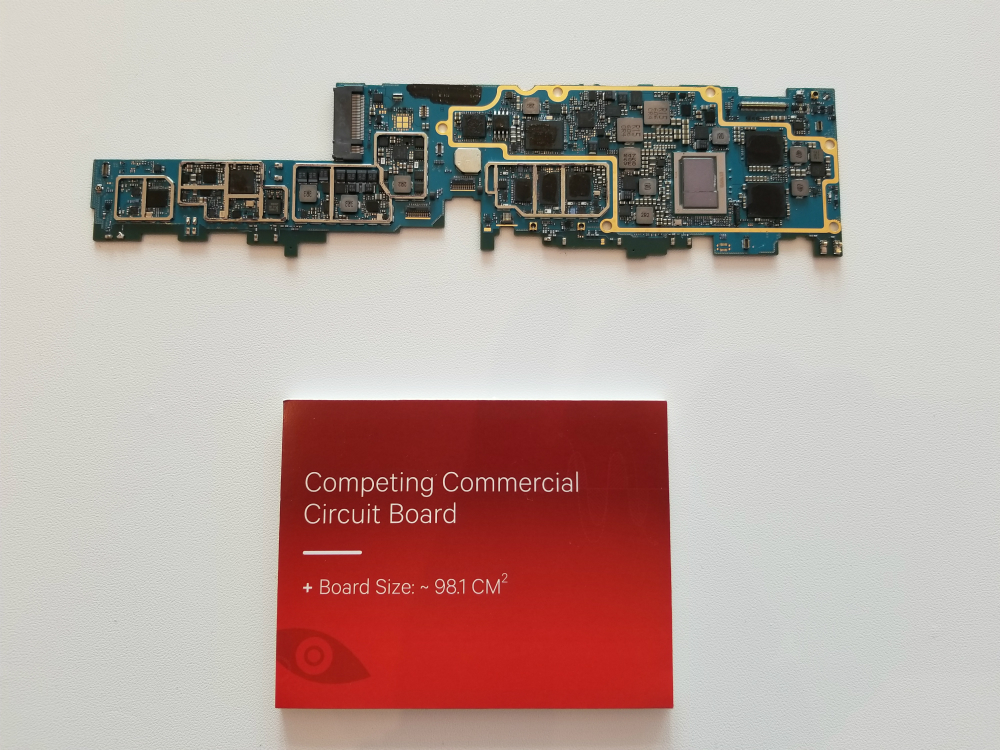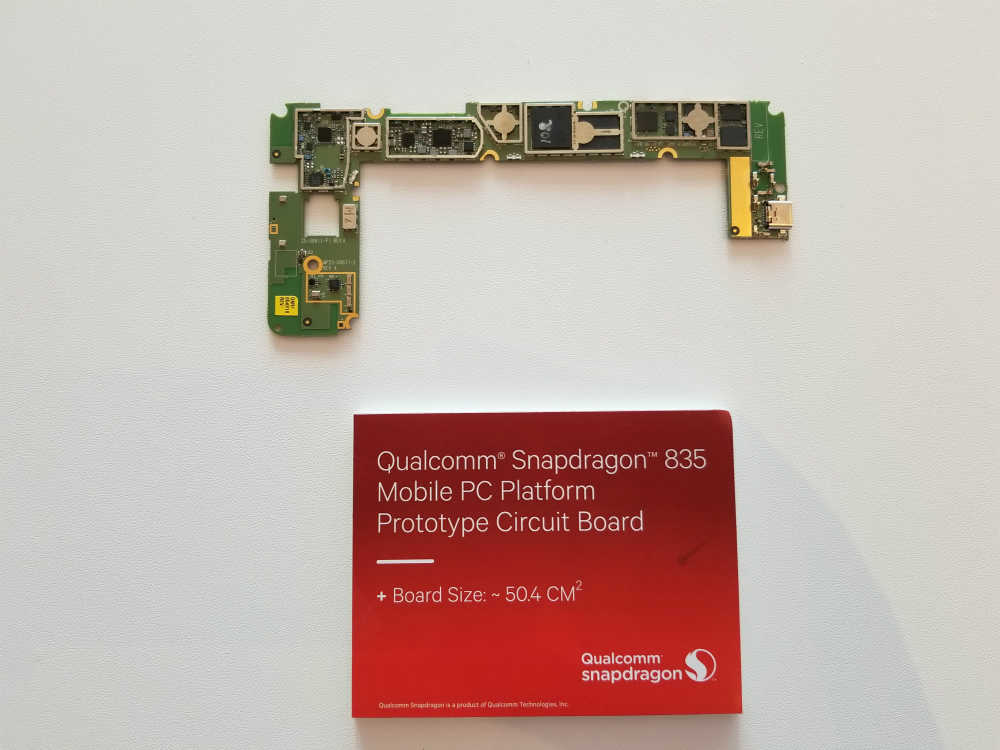Earlier this year, Microsoft announced that Windows 10 on ARM will run all of the 16 million Windows desktop applications available. The first processor to run this new version of Windows 10 is Qualcomm’s Snapdragon 835, and now the first PC makers to produce systems supporting the platform have been announced.
These partners include HP, Asus, and Lenovo, three companies that are among the leaders in the Windows PC ecosystem. They will be making highly compact systems based on the Qualcomm Snapdragon 835 system-on-chip (SoC) that features the Kryo 280 CPU, the Adreno 540 GPU, and the X16 LTE mobile data modem.
The result will be extremely thin, light, and fanless systems that are capable of running the full complement of Windows desktop applications, yet have all-day battery life and days-long standby performance.
Qualcomm is promising up to 50 percent more battery life than Intel-based systems — 20 hours on average — and a more complete Connected Standby experience that will include instant-on, always connected data syncing, and Cortana active listening.
Windows 10 on ARM systems will also benefit from the integrated Snapdragon X16 gigabit LTE modem that will enable the systems to enjoy full-time internet connectivity. That will enable the systems to leverage the increasing global availability of fast gigabit LTE networks. Qualcomm is pushing this is a major boon, as LTE-capable PCs are not common, and the option can add $50 to $100 onto the price of a new system.
This development takes direct aim at Intel, and Qualcomm makes its desire to threaten its elder rival clear. Don McGuire, Qualcomm’s Vice President of Global Product Marketing, stated in a video that “when you put this all together […] you get the next generation of PC.” The implication is clear. Qualcomm thinks it can provide better, more portable, more affordable systems that will outmaneuver Intel’s expensive processors.
Of course, that’s marketing. How it works in real life remains to be seen, and we’ll have to wait. While the announcement revealed Qualcomm’s partners, it provided exact word on when the first of these systems will arrive.




